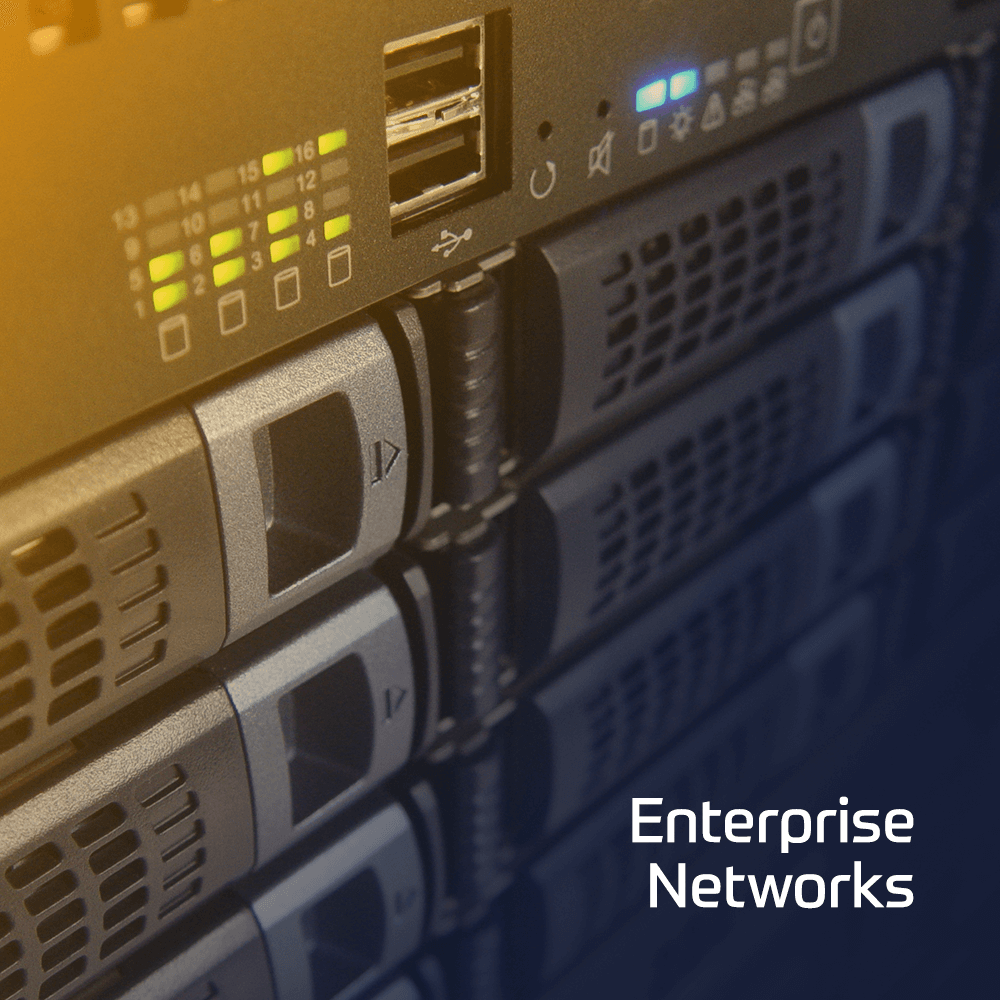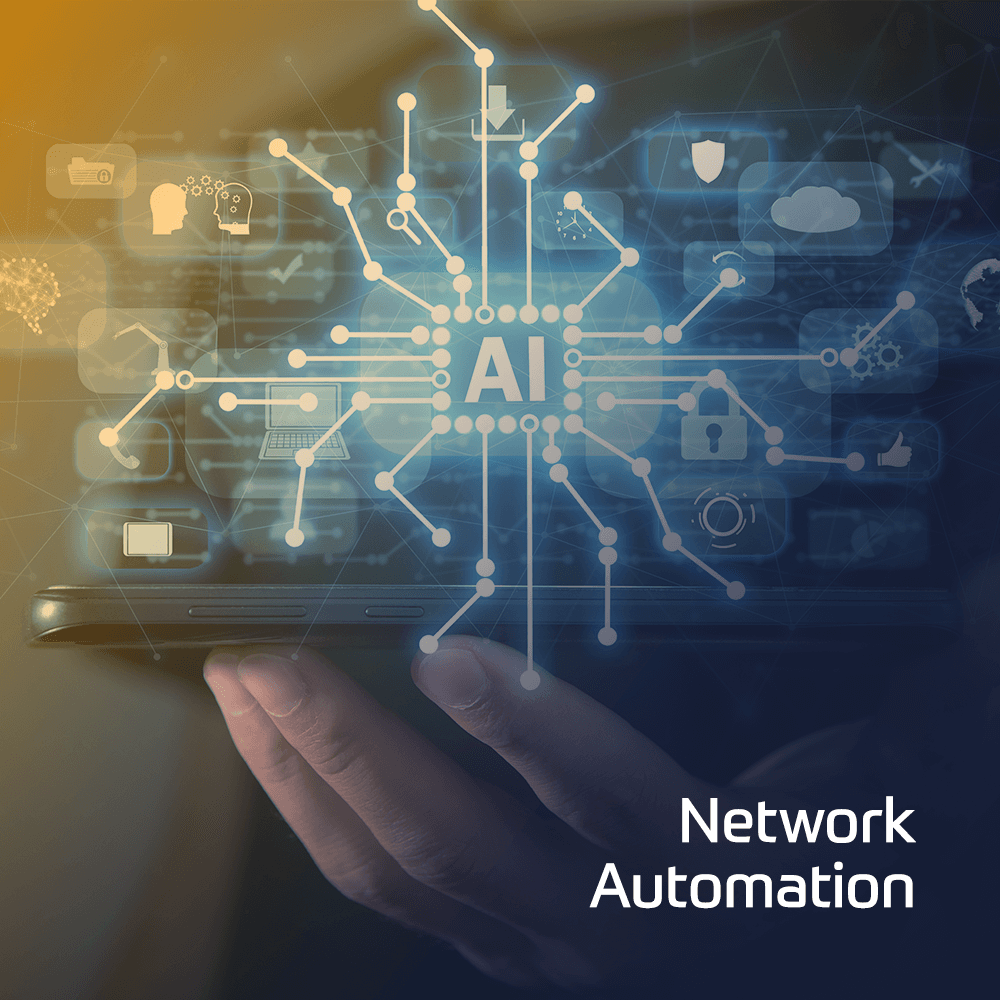The Artificial Intelligence (AI) and Machine Learning (ML) Fundamentals course provides you with machine learning and neural networks skills from the ground up using real-world examples. After you complete this course, you will be excited to revamp your current projects or build new intelligent networks.
Machine learning and neural networks are pillars on which you can build intelligent applications. Artificial Intelligence and Machine Learning Fundamentals begin by introducing you to Python and discussing AI search algorithms. You will cover in-depth mathematical topics, such as regression and classification, illustrated by Python examples.
As you make your way through the course, you will progress to advanced AI techniques and concepts, and work on real-life datasets to form decision trees and clusters. You will be introduced to neural networks, a powerful tool based on Moore’s law.
By the end of this course, you will be confident when it comes to building your own AI applications with your newly acquired skills!

 Finland
Finland Germany
Germany Denmark
Denmark Sweden
Sweden Italy
Italy Netherlands
Netherlands Norway
Norway 


























 Duration
Duration  Delivery
Delivery  Price
Price